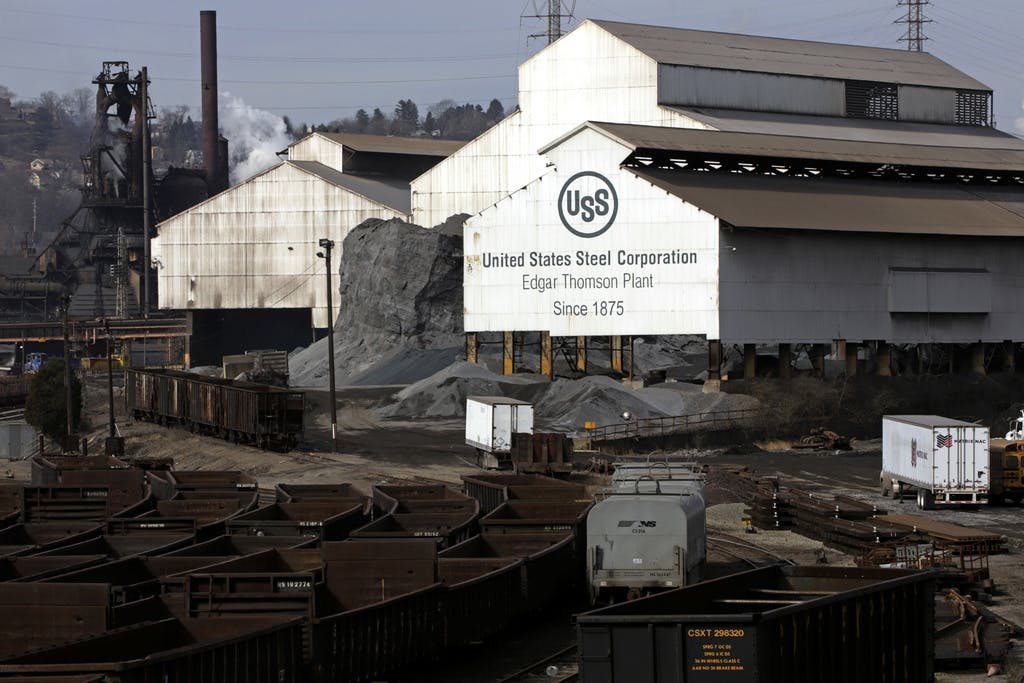Collapse of $15 Billion Sale of U.S. Steel to Nippon Steel Could Cool the ‘Spirit of Camp David’
At issue is the question of how much Washington can trust Tokyo eight decades after the end of Japanese rule over Korea.

SEOUL — “The Spirit of Camp David” is at stake in a controversial decision that President Biden could make soon on the sale of one of the greatest names in American industrial history, U.S. Steel, to Japan’s largest steel maker, Nippon Steel.
To appearances, the $15 billion deal has nothing to do with the pledges made at Camp David more than a year ago by Mr. Biden, Prime Minister Kishida of Japan, and President Yoon of South Korea for mutual defense against North Korea and its regional allies, China and Russia.
A login link has been sent to
Enter your email to read this article.
Get 2 free articles when you subscribe.

